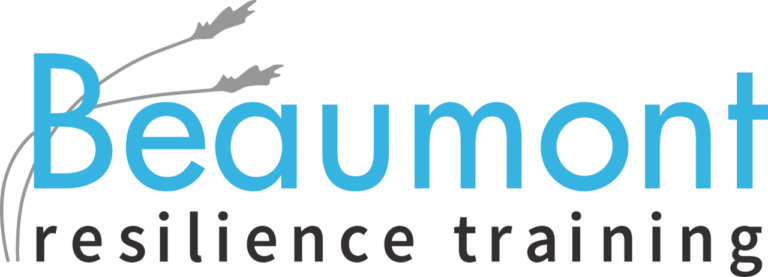
In today’s fast-paced and demanding work environment, stress has become an all-too-common companion for many employees. The constant pressure to meet deadlines, the challenges of multitasking, and the ever-increasing expectations can take a toll on both physical and mental well-being. However, the good news is that Resilience, the ability to bounce back from adversity, can be a powerful tool in managing stress at work.
Understanding Resilience
Resilience is not a fixed trait; it’s a skill that can be developed and strengthened over time. Just like a muscle, the more you work on it, the stronger it becomes. Resilience enables individuals to navigate challenges and setbacks without getting overwhelmed, allowing them to adapt and grow even in the face of stress. Applying Resilience techniques can transform how you approach and manage stress at work.
Mindfulness and Self-awareness
One of the fundamental components of Resilience is mindfulness – being present in the moment and aware of your thoughts and feelings. By cultivating mindfulness, you can catch stress triggers before they escalate. When you feel stress creeping in, take a moment to pause, breathe deeply, and assess your emotions. Self-awareness allows you to recognise your stressors, and their impact on your outcomes, enabling you to address them more effectively.
Positive Self-talk
The way you talk to yourself can significantly impact your stress levels. Negative self-talk, such as constantly doubting your abilities or dwelling on mistakes, can magnify stress. Replace these negative thoughts with positive affirmations. Remind yourself of your accomplishments and strengths. Shifting your mindset from self-criticism to self-encouragement can bolster your Resilience and help manage stress more effectively.
Adaptability
Resilient individuals are adaptable. They view challenges as opportunities for growth rather than insurmountable obstacles. Embrace a flexible mindset that welcomes change and new approaches. When faced with a demanding project or unexpected changes at work, remind yourself that adapting is a part of the journey. The ability to pivot and adjust your strategies can reduce stress and help you navigate uncertainties more smoothly.
Social Support
Human connections play a vital role in building Resilience. Don’t hesitate to lean on your colleagues, friends, and family for support. Talking about your challenges with someone you trust can provide a fresh perspective and emotional relief. Sharing experiences and learning from others’ coping strategies can strengthen your own Resilience toolkit.
Time Management and Boundaries
Setting clear boundaries and managing your time effectively are crucial for maintaining Resilience in the workplace. Avoid overcommitting and learn to say no when your plate is already full. Break your tasks into manageable chunks and prioritise them based on importance. This approach helps you from feeling overwhelmed and ensures you’re dedicating appropriate time to each task, reducing the likelihood of stress build-up.
Self-care and Well-being
Neglecting self-care under the pretext of a busy work schedule only amplifies stress. Prioritise your well-being by engaging in activities that bring you joy and relaxation outside of work. Regular exercise, a balanced diet, quality sleep, and hobbies you’re passionate about can contribute to your Resilience by keeping your mind and body in optimal condition.
Learning from Setbacks
Resilience is not about avoiding challenges but about learning from setbacks. When you encounter failures or mistakes, take them as learning experiences rather than sources of distress. Analyse what went wrong, how you can improve, and what skills you can develop to prevent similar situations in the future. This proactive approach turns stress into a catalyst for growth.
In conclusion, Resilience is a powerful asset in the battle against workplace stress. By practising mindfulness, fostering positive self-talk, staying adaptable, seeking social support, managing time effectively, prioritising self-care, and embracing setbacks as learning opportunities, you can build and strengthen your Resilience over time. With Resilience as your ally, you’ll find yourself better equipped to manage stress, enhance your well-being, and thrive in your professional journey.
